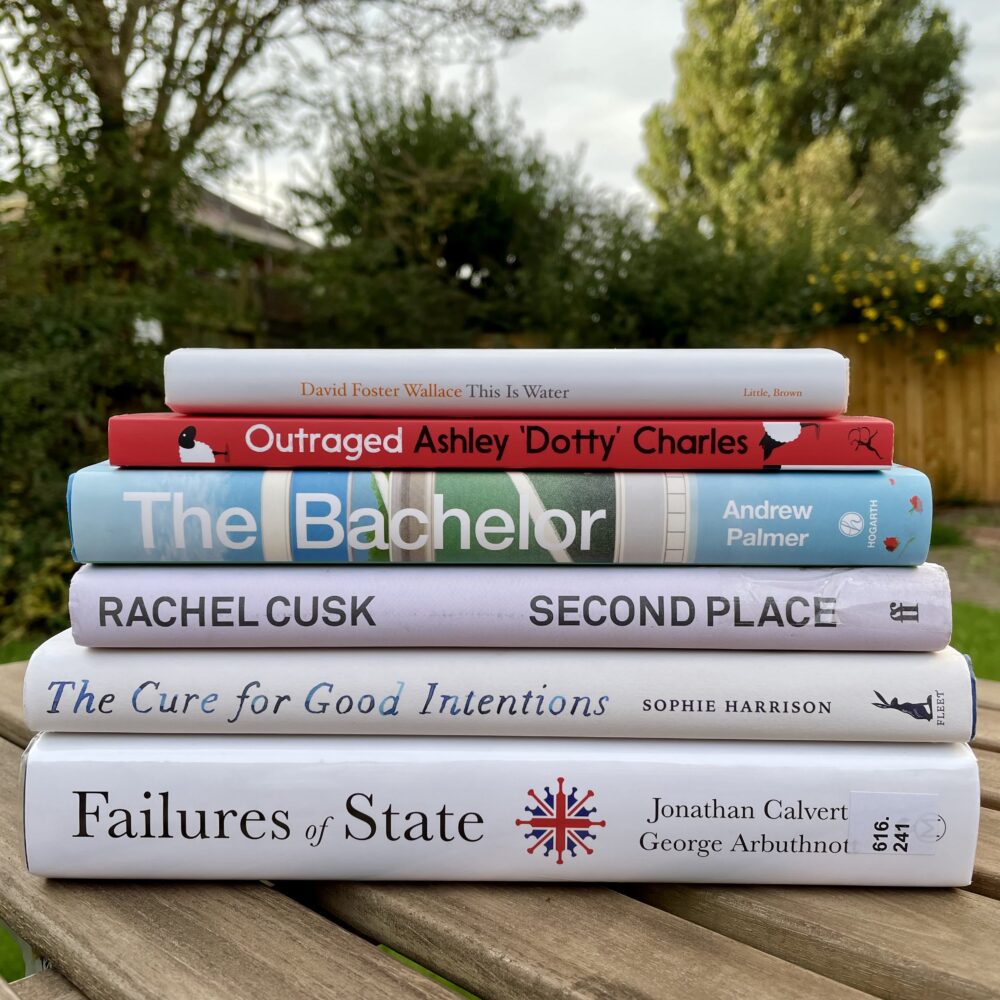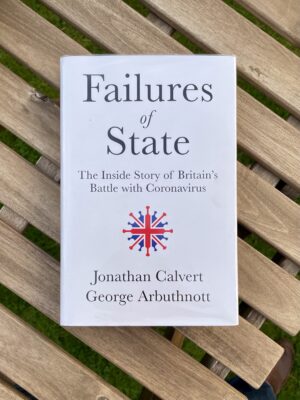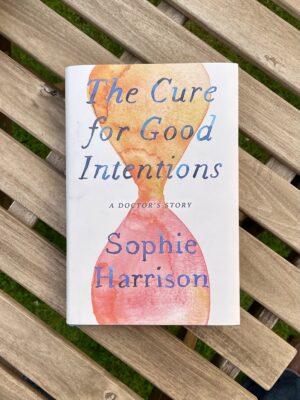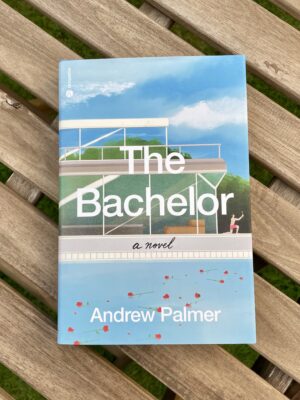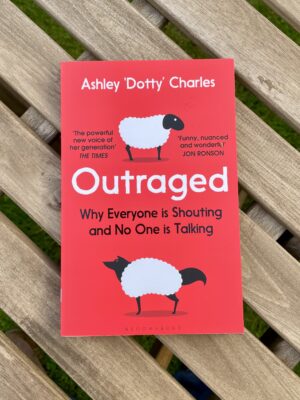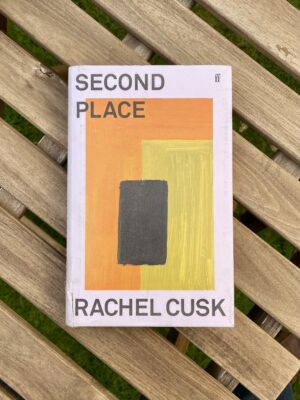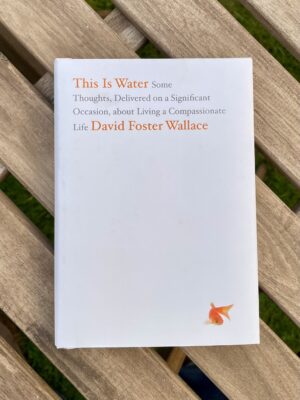30 things I learned in September 2020
1: “We’re not repeating history, just the parts that sucked.”
2: Reminded of Ogden Nash’s observation that “Candy / Is dandy / But liquor / Is quicker,” and his later regretful postscript that “Nothing makes me sicker / Than liquor / And candy / Is too expandy.”
3: Artificial banana flavours are usually based on a type of banana which is no longer commonly sold, which is why banana flavour generally doesn’t taste like banana. It’s all the same to me, as I don’t really enjoy either.
4: The Economist says Donald Trump is very likely to challenge the result of the US presidential election. By the time this blog post is published, you’ll have the benefit of hindsight in knowing whether that prediction comes true. As I write this on a bright and windy September morning in Bangor, it feels depressingly hard not to assume—despite the statistical modelling—that Trump won’t somehow win the election without any legal challenge. It’s noticeable how much tighter the odds are at the bookies than in the press: William Hill is offering the same 10/11 odds for both Trump and Biden wins, while The Economist’s tracker has Biden on an 85% chance of winning.
5: Kindles collect more data than you would think.
6: “The pandemic will end. But in India, Tunisia and Peru, there are signs the surveillance will not.”
8: Maps in journalism are hard.
11: Elisabeth Blik is a leading “image sleuth” in biomedical research. Who knew that was a thing?!
12: London’s bridges really are falling down. “Hammersmith Bridge is an apt metaphor for all the ways the country has changed after a decade of economic austerity, years of political wars over Brexit, and months of lockdown to combat the pandemic, the last of which has decimated already-stressed public finances.”
13: Her Majesty’s Theatre is in a sorry state:
14: “Everyone has been in a meeting where the most vocal and confident person in the room clearly doesn’t know what they’re talking about. But the most harmful meetings are the ones where that’s happening and the group can’t even recognize it.” I wonder to what extent this problem plagues Government decision-making?
15: A refreshingly clear account of what went wrong with GCSE and A-Level results this summer.
16: I’m reading Lorna Arnold’s account of the accident at Windscale in 1957 at the moment. The opening chapter portrays a small localised part of a national organisation that is undergoing a massive politically driven restructure, which cannot recruit enough professional expert staff to replace those it is losing, let alone to support the enforced expansion. Arnold says, “Windscale was over-worked and under-manned with inadequate research support, but it was a well-run site with hard-working and dedicated staff. They tackled their problems tenaciously, overcame formidable difficulties and met the demands made on them.” The whole section feels like it could be lifted from the inevitable covid-19 inquiry.
18: The Prime Minister, who pledged in April that he would not “throw away all the effort and sacrifice of the British people and risk a second major outbreak” of covid-19 acknowledges that the UK is “now seeing a second wave” of covid-19.
19: Ruth Bader Ginsburg has died. She was inspirational in so many ways. Her career-long elucidation of how the whole of society is harmed by discrimination on the basis of sex is a message which is feels still hasn’t been fully absorbed across US and UK society even in 2020.
20: A month ago, I was very sceptical… but Streaks has proven remarkably at convincing me to remember to do important but mundane everyday tasks that I otherwise frequently forget (like flossing).
21: The Government’s peri-peri-ometer is rising back to “hot”.
22: Everyone was in the office, then out, then in, then out. Just one more cycle left before we get to shake it all about, do the hokey-cokey and turn around.
23: It’s 21 years—22 by the time this is published—since I registered my first domain name.
24: It’s not so long ago that Wendy first came across (and was appalled by) Fanny Craddock, thanks to a repeat of her Christmas series, so I read this profile with amusement. (“Her appearance got more striking each year, and by the time of that Christmas series—presented without Johnnie—she resembled a psychedelic Cruella de Vil, her face heavily powdered, her eyebrows plucked and redrawn an inch above her eyes, her hair decorated with large pink ribbons. She was—and still is—magnificently watchable, partly because she’s so elusive; she switches from ingratiating smiles to impatient scowls so quickly that one can’t tell what she’s thinking or feeling, whether she wants to embrace her viewers or rap their knuckles.”)
25: Subscription shoes are (almost) a thing now: when this post goes live in twelve months’ time, they should have launched.
26: The jabot is back in fashion. Apparently.
27: Since Pret launched takeaway coffees by subscription, their shops have been rammed and I’ve had to join a long queue to buy my lunch. The staff in my local shop have been not-so-quietly grumbling about the amount of money the store is losing as a result. It’s hard to know whether a reverse ferret might be coming, or whether this is a “first month” effect (given that the first month is free).
28: “Of systemic action adopted in England for the pre- vention of the importation of infectious diseases, the system of quarantine (in the commonly received sense of that term) performs an extremely small part.” Only written 143 years ago.
29: American presidential debates rarely change election outcomes.
30: FTP is dying.
This post was filed under: Posts delayed by 12 months, Things I've learned, Predictions.
